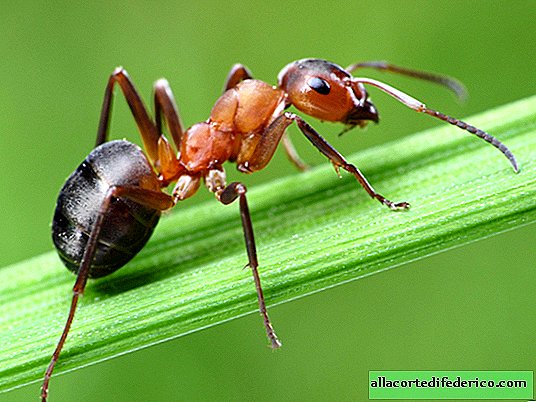Cat, dog or hamster: our preferences are in the genes
It turns out that our preferences related to love for one or another pet are fixed at the genetic level. At least, this was the conclusion made by Swedish scientists, along with their colleagues from the UK, who investigated the twins and their genetic predisposition to start dogs as pets.

Since dogs have been living with people side by side for more than 10 thousand years, scientists have suggested that during this time some kind of connection between humans and dogs could have formed, entrenched at the genetic level. In order to test their theory, the researchers analyzed the genetic material of more than 35,000 twins who participated in the experiment. Among the examined inhabitants of Sweden were identical twins with identical genetic material, as well as identical twins.
According to research results, in more than half of cases, the preference for a dog is due to genetic characteristics, namely the presence of a specific mutation. Moreover, this feature manifests itself both among men and among women, and also does not depend on age, since twins aged 10 to 80 took part in the experiment.

Of course, the presence of this mutation does not mean that such people will necessarily lead a dog, because the presence of a pet is influenced by many factors - from the financial and housing capabilities of the family to an allergy to wool in one of the relatives. Nevertheless, the presence of a genetic predisposition means that if a person thinks about getting a pet, then it will most likely be a dog, not a cat or, for example, a hamster. The obtained data pose new challenges for scientists, and geneticists from Uppsala University in the future will continue to work on identifying the exact mechanisms for the appearance of such genetic bonds between humans and pets.

















